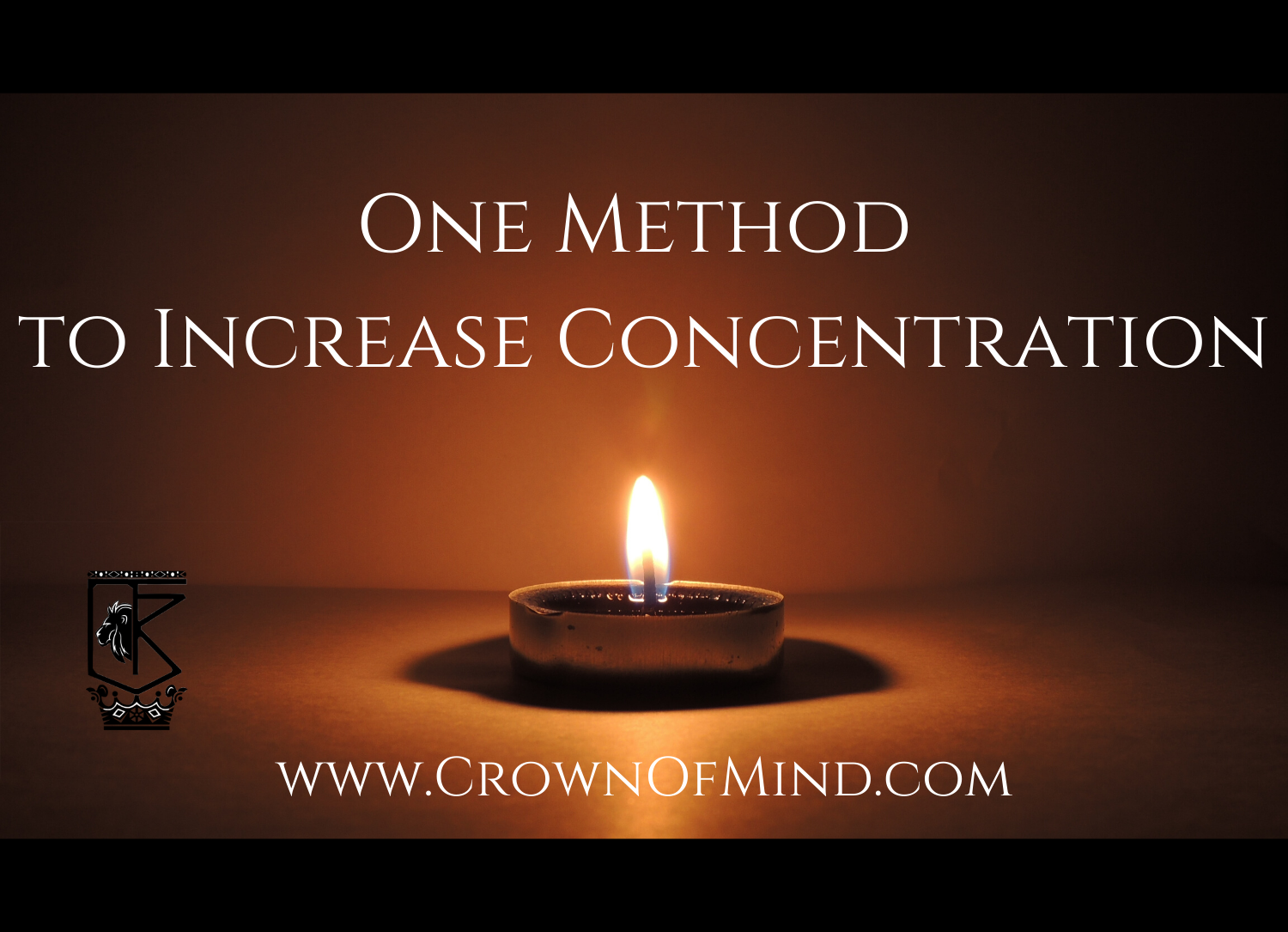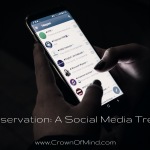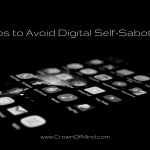How many times have you been told you need to concentrate more?
The push for concentration in this info-saturated environment is as common as being told we should eat all organic. It’s acknowledged but the implementation can be difficult for some.
But like transitioning to a purely organic diet today, concentration isn’t immediate. It takes time, small, calculated steps to reach the level to hone in on some single thing, direct the weight of our energies towards it and see the task done to completion.
Just What is Concentration Anyway?
Perhaps it’s easier to define what it’s NOT rather than what it is. Here’s the opposite of concentration:
- Wearing headphones blasting music while watching TV and surfing the Internet
- Watching TV and having a phone conversation
- Texting someone while walking outside in public
- Checking social media updates while sitting with friends or a mate at a restaurant
- Distracting thoughts while establishing silence for meditation
- Prepping a self-care bath and interrupted by someone needing attention
You can see the pattern.
When we intend to focus on something and our intent is then scattered, our concentration is weakened. When it’s weakened, we reduce the potency of several metaphysical processes needed for manifestation.
One, attention directs energy. It’s not a spectacular experience and happens immediately. Wherever we put our awareness, energy goes there. When we attend to too many ideas at one time, we’re literally splitting that energy in multiple directions, thus weakening the strength of each of those directions.
Two, constant attention splitting weakens our willpower by training it to only handle this splitting, and to feel uncomfortable when we do focus on one intent. This would be the famous multi-tasking, a falsehood. Our minds can only focus on one idea at a time; we just switch ideas quickly, and that makes this even more troublesome for concentration.
For a visual, imagine two scenarios. In one, you’re watching a full-length movie. 2 hours long, no commercials. Your attention was solely focused on that movie. In the second, you don’t know what to watch so you end up flicking through the channels, one after another after another, only giving 2-3 seconds of attention to each. This is what we do when we “multi-task.”
The third process affected by weak focus is manifestation. In order for us to send a powerful intent to our subconscious so that it may begin its work, it needs power, and that power comes from an undistracted, consistent thought vibration. That’s the intention.
As with any massive undertaking, my recommendation is always to start small to cultivate habit, build up and gradually embody.
Candle Focus for Concentration
Find a quiet space, put distance between you and external technology and sit comfortably. Light the candle. Candle concentration is a common practice among the yogis for building up mental focus muscle. It has to exercise just like biceps. You don’t have to do anything else but observe the flame for as long as you can sustain. See it flare, shift. Notice the wind move it. Look at the wax surrounding it. Watch how it melts.
Start with a brief time, 2 minutes max (You may use the phone alarm just for this). If you’ve never done concentration work before, you might find it incredibly tough to just sit in silence and focus on a single phenomenon for 2 minutes straight. You might fidget, feel the need to move, reach for something, huff and puff, look away. These will be the organic evidences of just how NOT used to power focus we are in a world full of distractions.
Once you’ve conquered 2 minutes, challenge yourself to 3, then 4 and so on.
This really can be done with any object, but the fire element brings with it active energy, it dances, is free and will help to energize you in the practice.
Without a solid ability to concentrate, no kind of metaphysical or material potential can be cultivated.










